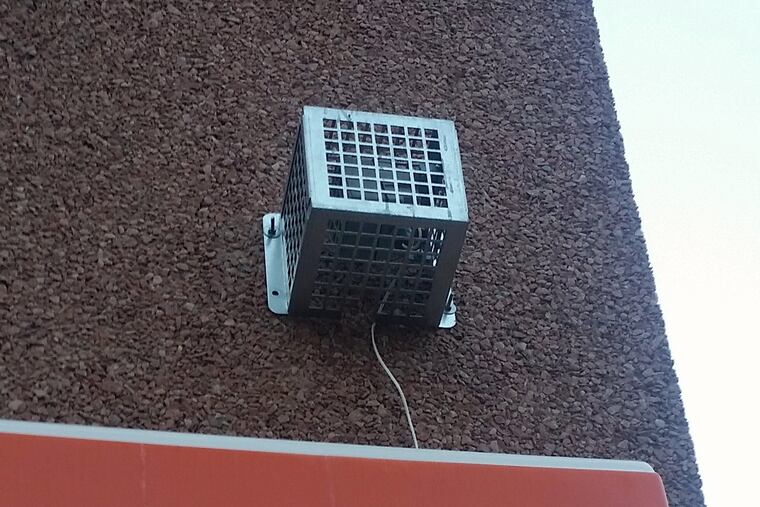‘Mosquitoes’ might repel young people, but open parks could repel violence. | Editorial
Policymakers should be asking where young people can be safe at night and how can we expand access to these kind of places?

Insects, bugs, and pests need to be repelled -- not Philadelphia’s youth. Yet since 2014, the Philadelphia Department of Park & Recs have been using devices called mosquitoes to repel young people from parks at night. The devices drew public outrage over the summer --prompting one city official to call them ‘sonic weapons’ -- but they are not going anywhere.
The device operates as a youth repellent by emitting a loud ringing noise in an ultrahigh pitch that only people under the age of 25 are supposed to hear. Last summer, BillyPenn reported that 30 parks in the city use the device -- about 10% of the city’s parks an recreational centers .
Last week, BillyPenn reported that after an internal review that included input from community members, public officials, and parks staff as well as basic statistical analysis on incidents of vandalism, Parks & Recs concluded that the devices were effective and will not be removed. People under 25, the mosquito’s “target," were not consulted.
According to Parks & Recs, the mosquitos are intended to keep youth safe. Because the parks are closed at night, there is no adult supervision. The device is one way to make sure that young people are not in a place were they could be vulnerable.
Young Philadelphians -- particularly of black and Hispanic -- are very vulnerable to violence. Nearly half of the 1,500 people who were shot in Philadelphia victims year were 25 years old or younger -- and more than 300 of them were shot during the night hours that the mosquitos were operating in parks.
Given this situation, shouldn’t city leaders be asking how to create and expand access to more places where young people can congregate and be safe at night? Like, for instance, the city’s parks and recreation centers?
The city of Los Angeles has taken the opposite approach of repelling young people.Even though the city has about 2.5 times the population of Philadelphia, L.A. experienced 105 fewer homicides; the rate has been declining for the past two years. One reason could be the use of parks. For more than a decade, Los Angeles has been using extended park hours in the summer as a part of their violence reduction efforts. One of these programs, called Summer Night Lights, in which parks are open until 11 pm in the summer, has been credited with a 40% reduction in crime. Evaluators of L.A. County’s Parks After Dark found that keeping parks open late resulted in significant reductions in both overall crime and violent crime.
Last year, between mid-August and mid-October, as a pilot, Philadelphia offered extended hours over the weekend in 12 recreation centers. Unfortunately, in keeping with Philadelphia’s violence prevention efforts, the impact of the extended hours pilot was never evaluated.
Philadelphia should invest in efforts that expands access to secure spaces for young people. Considering the magnitude of the gun violence problem in the city, those spaces probably need to be open year round. It would send a valuable message that we believe young people are worth keeping safe, not problems to be repelled.